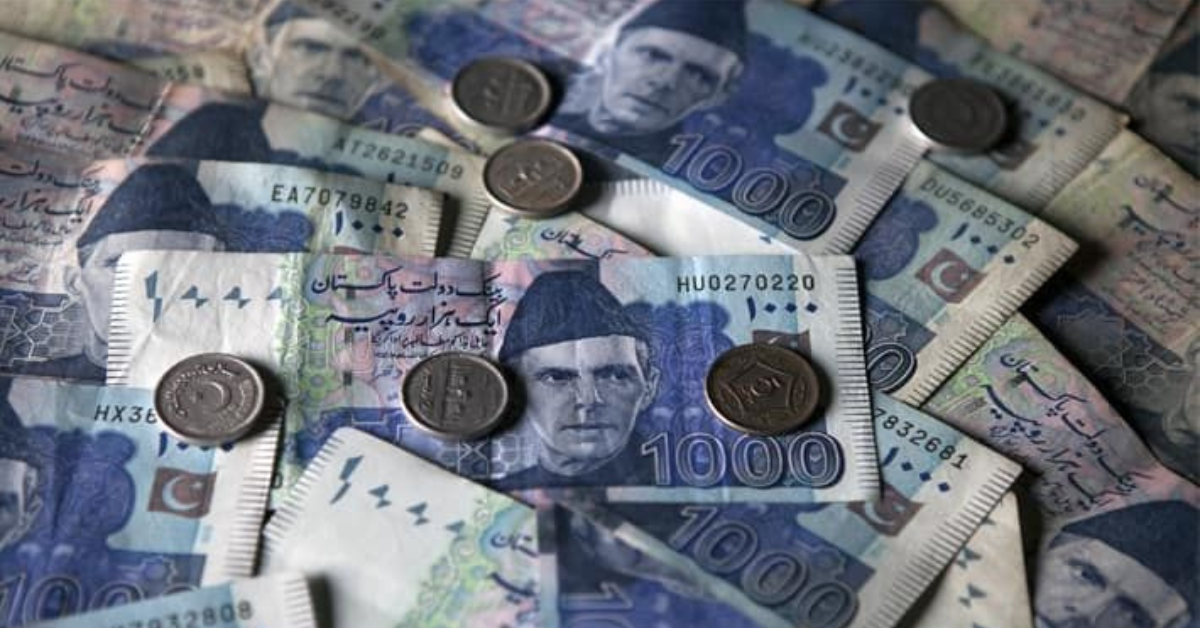Pakistan’s currency is on track to be the best-performing currency encyclopedically this month, serving from a government crackdown on lawless bone
trading, reports Bloomberg News.
The Pakistani rupee surged nearly 6 percent in September, defying the declines seen in numerous other currencies similar to the Thai baton and South Korean won, which weakened against the US bone
amid enterprises of dragged elevated US interest rates.
The rupee gained 0.1% on Thursday, trading at 287.95 per dollar after hitting a record low of roughly 307 earlier in the month.
While Pakistan’s currency appears to be the best performer for the month, it’s vital to remember that the country is in the grip of a serious financial crisis, marked by skyrocketing inflation and high government debt levels.
According to a recent World Bank report, poverty in Pakistan climbed to 39.4% in the previous fiscal year, with an additional 12.5 million people slipping into poverty as a result of poor economic conditions. According to the research, Pakistan must take immediate steps to attain financial stability.
Tobias Haque, the World Bank’s Pakistan chief country economist, stated, “Pakistan’s economic model is no longer reducing poverty, and living standards have fallen behind peer countries.”
It is worth noting that a top-performing currency does not always imply overall economic health. A similar occurrence was observed in Afghanistan, where the Afghani became the world’s best-performing currency in the September quarter, rising by 9%.
This was mostly due to an increase in humanitarian help and increasing trade with neighboring Asian countries. However, Afghanistan is also facing serious economic issues, with the United Nations anticipating a gap in the country’s essential assistance.
The Taliban leadership in Afghanistan has made attempts to regulate the currency, such as prohibiting the use of US dollars and Pakistani rupees in local transactions and setting stringent limitations on US dollar outflows from the nation.
They have even criminalized internet currency trading, threatening offenders with imprisonment. Despite these efforts, Afghanistan’s economy remains shaky, with millions of people facing critical famine.
As a result, while currency performance might provide insights when measuring a country’s financial health, the larger economic backdrop and underlying difficulties are more important.





